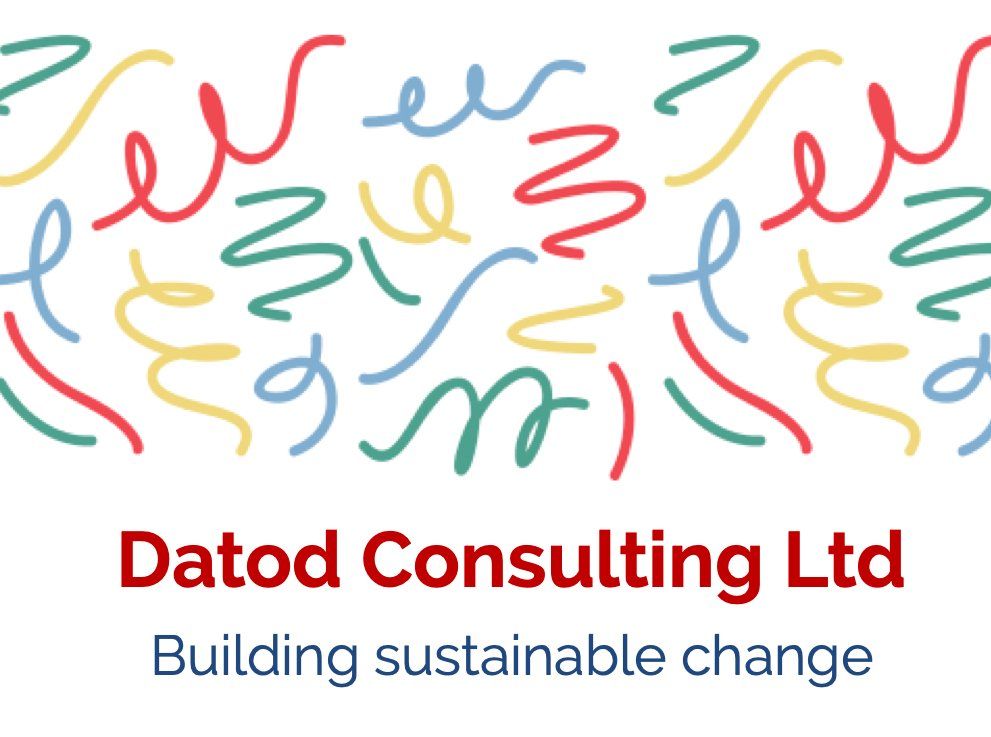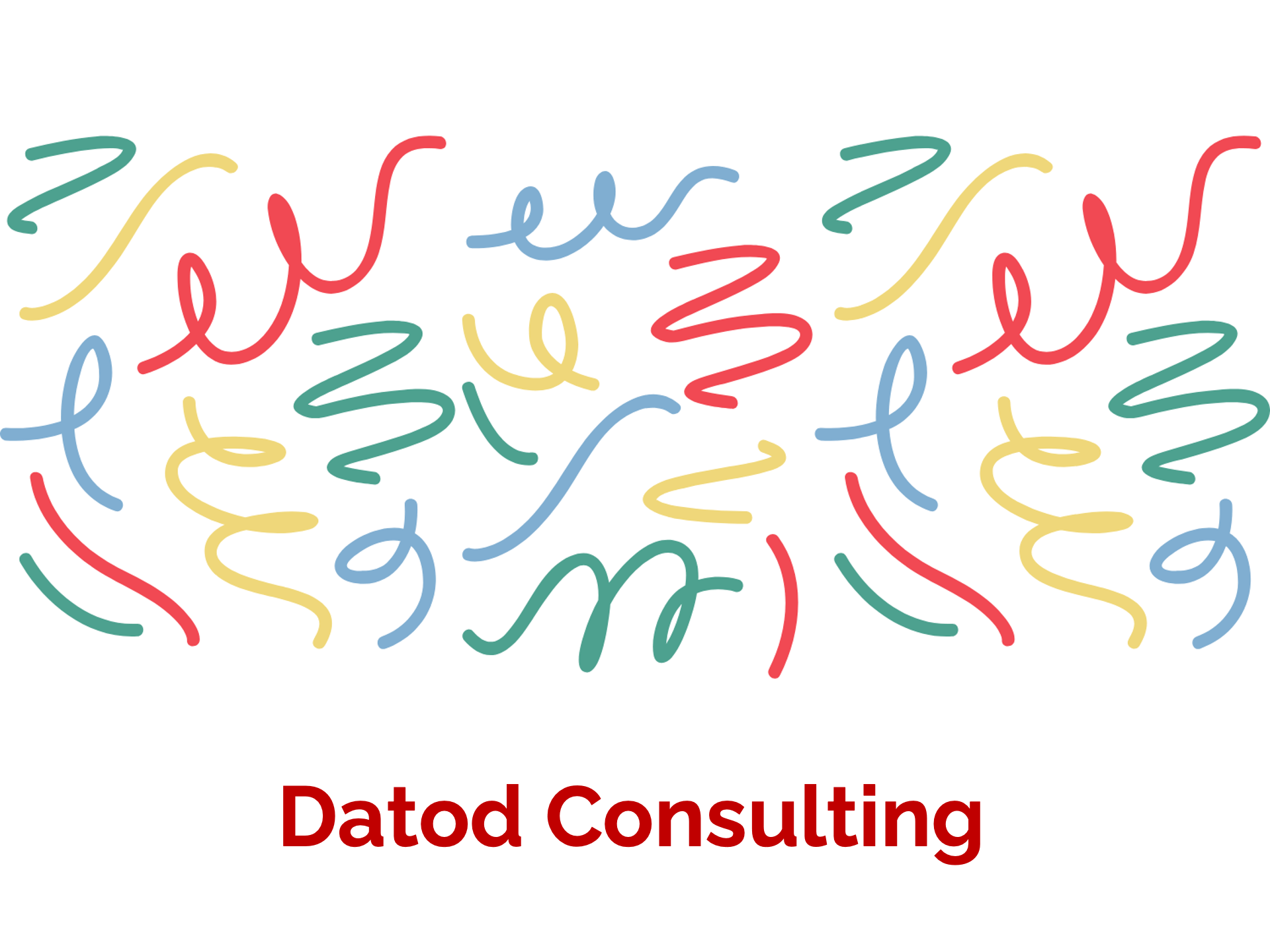What were the chances of that happening !

If you are of a fatalist tendency, then we are all surrounded by a world with accidents just waiting to happen. All around you it is just a matter of time before something goes wrong, something breaks or disaster strikes.
Thankfully this is not always the case and the general body of accepted thinking is that all accidents and hazards, though sometimes improbable, can at least be predicted to a degree and mitigated against. You only need to put in enough effort.
But this doesn‘t always happen. The field of risk management is littered with examples of lost opportunities. One recent and highly relevant exercise in risk management is Operation Cygnus in 2016 (1). This was the UK government’s exercise to prepare for a future disease pandemic. Whether this exercise helped during the preparation for the current challenges we are all facing, or whose recommendations were largely ignored is of much debate currently. It could be argued that carrying out a risk assessment exercise and potentially ignoring the recommendations is far worse than not carrying out an exercise at all.
So why is risk management, whilst so obvious in hindsight, so little supported at times by businesses, governments or even us as individuals. Part of the reason is that it goes against human nature. As some authors have stated:-
“ A firm’s ability to weather storms depends on how seriously executives take risk management when the sun is shining and no clouds are on the horizon.” (2)
In a nut-shell risk management doesn’t offer instant reward and a lot of the effort is never repaid, preparing for eventualities that never happen. In addition, the past is rarely a good predictor of the future such that in the sunny uplands of good times, little attention is paid to the “gloomsters and doomsters” putting a dampener on the party.
But in truth risk management saves lives. Period. There are many regulated industries which mandate risk management as a key part of the whole lifecycle of product, from feasibility to its obsolescence. The medical device industry is one such industry, applying risk management to ensure that products are safe, effective and meet customer expectations.
Datod has just issued training material that describes the key requirements of risk management
as it applies to medical devices and the requirements detailed in ISO14971: 2019 which sets the regulatory expectations for appropriate application of risk management.
Effective risk management makes sense in all industries, whether the risk be financial, safety, reputation or even the viability of the organisation.
Whatever the reason, in all cases it can be a penny extremely well spent.
(1) What was Exercise Cygnus and what did it find ? D. Pegg. (2020) Guardian 7th May
(2) Managing Risk: A New Framework. (2012) R. S Kaplan and A Mikes. Harvard Business Review June
.

